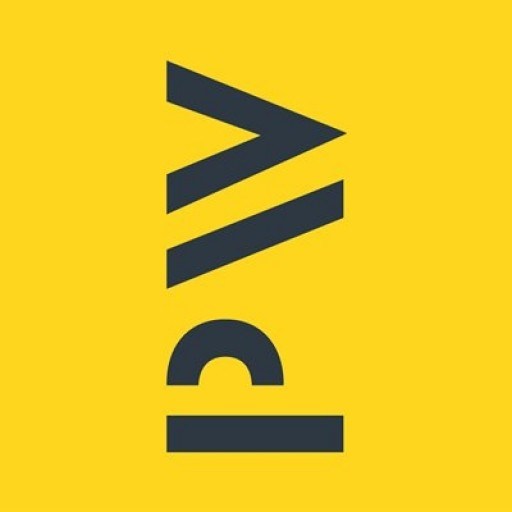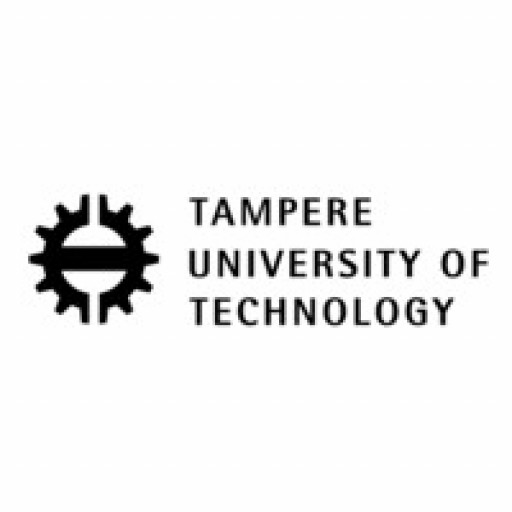Photos of university / #umeauniversitet
Robotics and Control at Umeå University is a comprehensive master's degree program designed to prepare students for advanced careers in automation, robotics, and control engineering. The program provides a deep understanding of the fundamental principles governing autonomous systems, intelligent machines, and complex control processes. Students will learn to design, analyze, and implement robotics solutions across various industries, including manufacturing, healthcare, and service sectors. The curriculum combines theoretical coursework in control theory, robotics, embedded systems, and artificial intelligence with practical hands-on projects that foster innovation and problem-solving skills. Throughout the program, students will gain experience with state-of-the-art tools and platforms used in robotic automation and control systems, such as simulation environments, sensory technology, and programming languages like C++, Python, and MATLAB. The program emphasizes interdisciplinary learning, integrating aspects of mechanical engineering, electrical engineering, and computer science to equip students with a holistic understanding of robotic systems. Collaboration with industry partners and research groups offers students opportunities to work on real-world challenges, develop prototypes, and contribute to cutting-edge research. Graduates of the program will be well-positioned for careers in industries focused on automation, robotics development, system control, and research roles in academia or private sector companies. The degree also serves as a strong foundation for those pursuing doctoral studies or specialized research in robotics and control systems. With its blend of theory, practical application, and industry engagement, the Robotics and Control master's program at Umeå University aims to foster innovative engineers capable of advancing the future of autonomous technology.
The Master's Programme in Robotics and Control at Umeå University is designed to provide students with a comprehensive understanding of advanced robotics, automation, and control systems. The program aims to prepare graduates for careers in research, development, and industry by offering a rigorous curriculum that combines theoretical foundation with practical application. Throughout the programme, students will explore core topics such as robot kinematics and dynamics, computer vision, machine learning, sensor technology, and autonomous systems. The coursework emphasizes both the design and implementation of robotic systems, enabling students to develop sophisticated solutions for complex real-world problems.
Students will have opportunities to engage in hands-on projects, collaborating with industry partners and participating in cutting-edge research activities. The programme also offers specialization tracks that allow students to focus on areas such as autonomous vehicles, industrial automation, and intelligent robotics. By integrating interdisciplinary knowledge from computer science, mechanical engineering, and electrical engineering, graduates will be equipped with a versatile skill set aligning with current technological trends.
The programme includes coursework in control theory, signal processing, mechatronics, and software development, ensuring a well-rounded education in robotics. Moreover, students will learn about robot programming, simulation, and the integration of hardware and software systems. The program culminates in a master's thesis that involves original research or a practical project, providing students with the opportunity to demonstrate their expertise and prepare for the transition to professional roles or doctoral studies.
Umeå University’s state-of-the-art laboratories and research facilities offer an ideal environment for learning and innovation. The international faculty members bring extensive expertise across various disciplines, fostering an engaging academic atmosphere that encourages critical thinking and creativity. Graduates of the programme will be well-positioned to contribute to technological advancements in robotics and control systems, whether in academia, industry, or entrepreneurial ventures. The Master's Programme in Robotics and Control at Umeå University is a gateway to a dynamic and evolving field, offering students the knowledge and skills needed to shape the future of automation and intelligent systems worldwide.
Program requirements for the Master's Programme in Robotics and Control at Umeå University typically include a Bachelor's degree or equivalent in engineering, robotics, automation, mechatronics, or a related field. Applicants must demonstrate proficiency in English, usually through an IELTS score of at least 6.5 or TOEFL iBT of at least 90, with specific minimum scores in each section. A strong academic record with relevant coursework in control systems, robotics, programming, mathematics, and computer science is essential. Additionally, experience with programming languages such as MATLAB, Python, or C++ is highly advantageous. Applicants are expected to submit a completed application form, curriculum vitae, motivation letter, and copies of academic transcripts and degree certificates. Some programs may require GRE scores or other standardized tests, although this is not always mandatory. As the program is aimed at students with a background in engineering or equivalent disciplines, it is recommended that applicants have completed coursework or practical experience related to robotics, automation, signal processing, or control engineering. The selection process prioritizes academic performance, relevant experience, motivation, and potential for research and development in the field. International applicants should verify visa requirements and ensure compliance with Umeå University's application deadlines, typically in January or February for autumn intake. No specific entrance examinations are generally required, but the overall evaluation considers academic transcripts, language proficiency, and motivation. Recommendations and letters of support are not always compulsory but can strengthen an application. The program aims to develop advanced knowledge and skills in designing and controlling intelligent robotic systems, requiring students to undertake coursework, projects, and a thesis. The thesis project often involves collaboration with industry partners or research groups, emphasizing practical applications and innovation in robotics and control engineering. The duration of the Master's program is two years, and successful completion grants students the degree of Master of Science (Two Years). Therefore, prospective students must meet these general academic and language requirements and present a well-prepared application demonstrating their suitability and motivation for advanced studies in robotics and control.
Financing for the Robotics and Control master's program at Umeå University can be obtained through a variety of sources. International students are encouraged to explore options such as scholarships, grants, and student loans available through Swedish governmental agencies, the Swedish Institute, and other organizations supporting international education. Umeå University offers several scholarship opportunities specifically aimed at international students applying for master's programs. These scholarships may cover partial or full tuition fees and are awarded based on academic excellence and financial need. Applicants are advised to check the university's official website for the most current scholarship offerings and application procedures.
Additionally, students can consider external funding sources such as the Erasmus Mundus program if the program is part of an Erasmus joint degree, or national scholarship programs from their home countries. Many countries have bilateral agreements with Sweden that may provide financial support for students studying abroad. It is also possible to finance studies through personal savings, family assistance, or part-time employment, although students should be aware of the visa regulations concerning work rights for international students in Sweden.
Swedish student loans and grants are generally available for students from EU/EEA countries; however, non-EU/EEA students typically need to secure external scholarships or private funding unless they have other eligibility criteria. Umeå University provides detailed guidance on financing studies, including advice on budgeting, employment opportunities during studies, and post-graduation job prospects in Sweden. Students are encouraged to consult the university's official admissions and financial aid offices for personalized assistance and the latest information on financial support measures.
Overall, financing a master's degree in Robotics and Control at Umeå University requires planning and early application to secure funding opportunities. Prospective students should thoroughly research available scholarships, consider external funding options, and prepare a clear financial plan to support their studies and living expenses throughout the duration of the program.
The Master's Programme in Robotics and Control at Umeå University is designed to provide students with advanced knowledge and practical skills in the fields of robotics, automation, and control systems. The programme aims to prepare graduates for a wide range of careers in industry, research, and academia by focusing on the development, analysis, and application of robotic systems and control technologies. Students will engage in coursework covering fundamental and advanced topics such as robot kinematics, dynamics, sensing, and control, as well as software development, embedded systems, and machine learning techniques relevant to robotic applications. The programme emphasizes hands-on experience through laboratory exercises, project work, and collaborations with industry partners to ensure that graduates are well-equipped to solve real-world problems. Collaborating faculties and industry links enable students to work on innovative projects involving autonomous systems, industrial automation, and intelligent robots. The programme also offers opportunities for international exchange and collaboration, enhancing students’ global perspectives and intercultural understanding. Graduates of the programme are expected to pursue careers in sectors such as manufacturing, automation, transportation, healthcare, and research organizations, contributing to advancements in robotic technology and control systems. The programme is typically completed over two years of full-time study, culminating in a Master of Science degree, which is recognized for its academic rigor and relevance. The curriculum is regularly updated to reflect the latest technological developments and industry standards, ensuring that students gain current and applicable knowledge. Access to state-of-the-art laboratories and research facilities at Umeå University provides an ideal environment for learning and innovation. Overall, the Master's Programme in Robotics and Control aims to cultivate highly skilled engineers capable of designing, developing, and managing innovative robotic solutions across many sectors.










